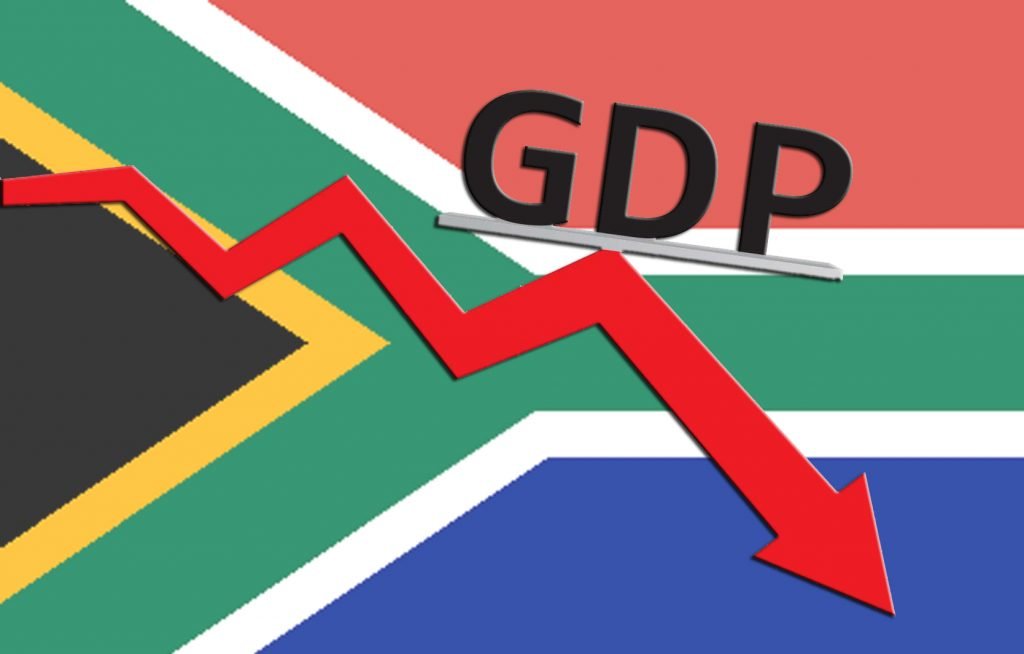
Recent indicators shows that South Africa’s economy plunged by 51% in the second quarter of 2020 a frighten new reality that sent shock wave across the nation, one of the continents more stable and developed economies.
The sharp decline has been linked to COVID-19 and the total lockdown that shut down the economy for three months since March.
However, economists say that the decline has been happening since President Ramaphosa took power and the pandemic acted as a catalyst for the fall.
At the beginning of the year, the country’s Gross Domestic Product, (GDP) fell by two percent following a drop of 0.1% each year for the past three or four years. By the end of 2019,. the country had fallen into its second recession in the past two years.
Tito Mboweni, Mr. Ramaphosa’s finance minister, said in a budget update in early September that the economy is likely to contract by more than 7 per cent this year, the biggest downturn since the Great Depression of the 1930s.
South Africa was already emerging from its weakest decade for growth on record under Jacob Zuma, Mr. Ramaphosa’s predecessor. The GDP has been falling since 2013.
It was reported that prior to COVID-19, the unemployment rate was at 30% and following the strict lockdown that was enforced in the country the rate has increased even higher.
The pressure on the economy forced the President to re-open the economy. But now the infection rate continues to go up as the country struggles to find its footing. Another lockdown may cripple the economy but with the number ballooning its beginning to look like the only option.
What is even more frightening are the projections on the country’s impending doom according to Eunomix Business & Economics Ltd.
The firm states that South Africa faces economic and political collapse by 2030 unless it changes its economic model and implements growth-friendly policies.
Using a range of measures, the Johannesburg-based political and economic risk consultancy forecasts the country will rank near the bottom of a table of more than 180 countries in terms of security, similar to Nigeria and Ukraine, and have prosperity akin to Bangladesh or Ivory Coast.
That’s a significant decline from its current position, though it should fare better on governance and welfare measures.
According to the firm, the country’s current policies were created during the apartheid era and it was systemically designed to exclude the Blacks, which then made it one of the worlds most unequal societies, ingrained with systemic racism.
They recommend that the government adopt “dual-track” strategy of developing and maintaining high levels of social support and paying for it by adopting an aggressive special economic zone policy, which boosts growth and employment even though at lower wages. This will ensure a larger percentage of the citizenry are employed and earning a living.
















